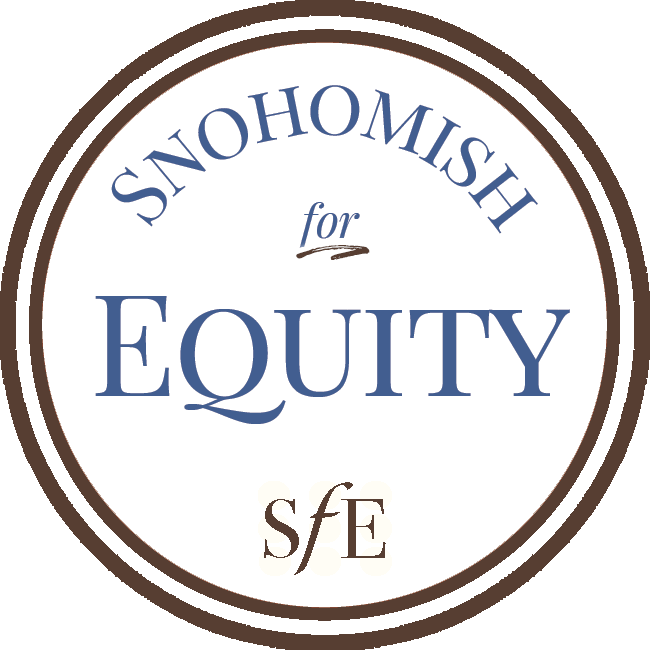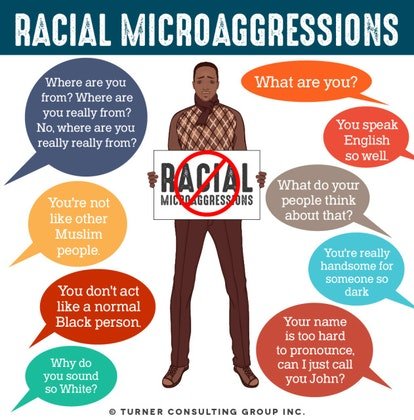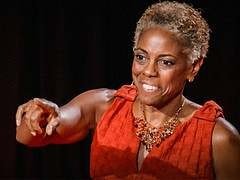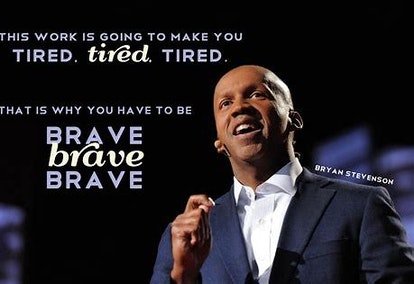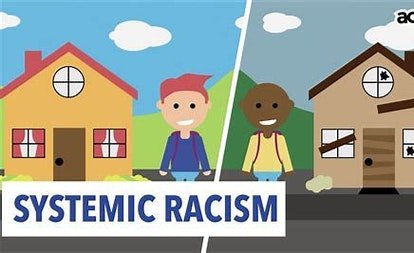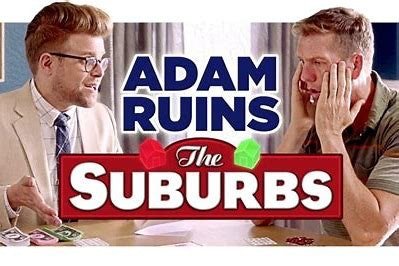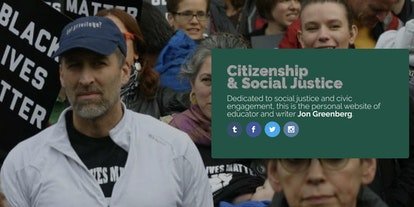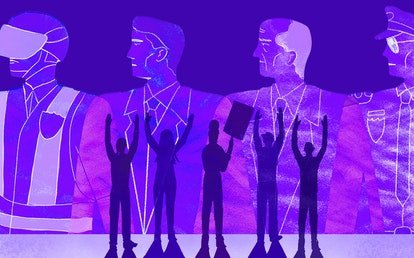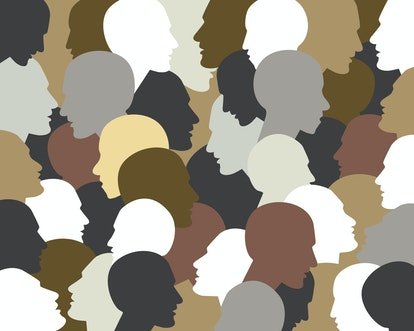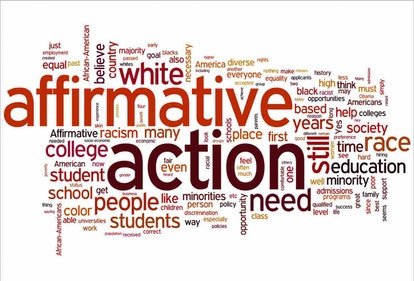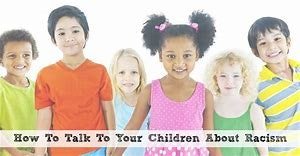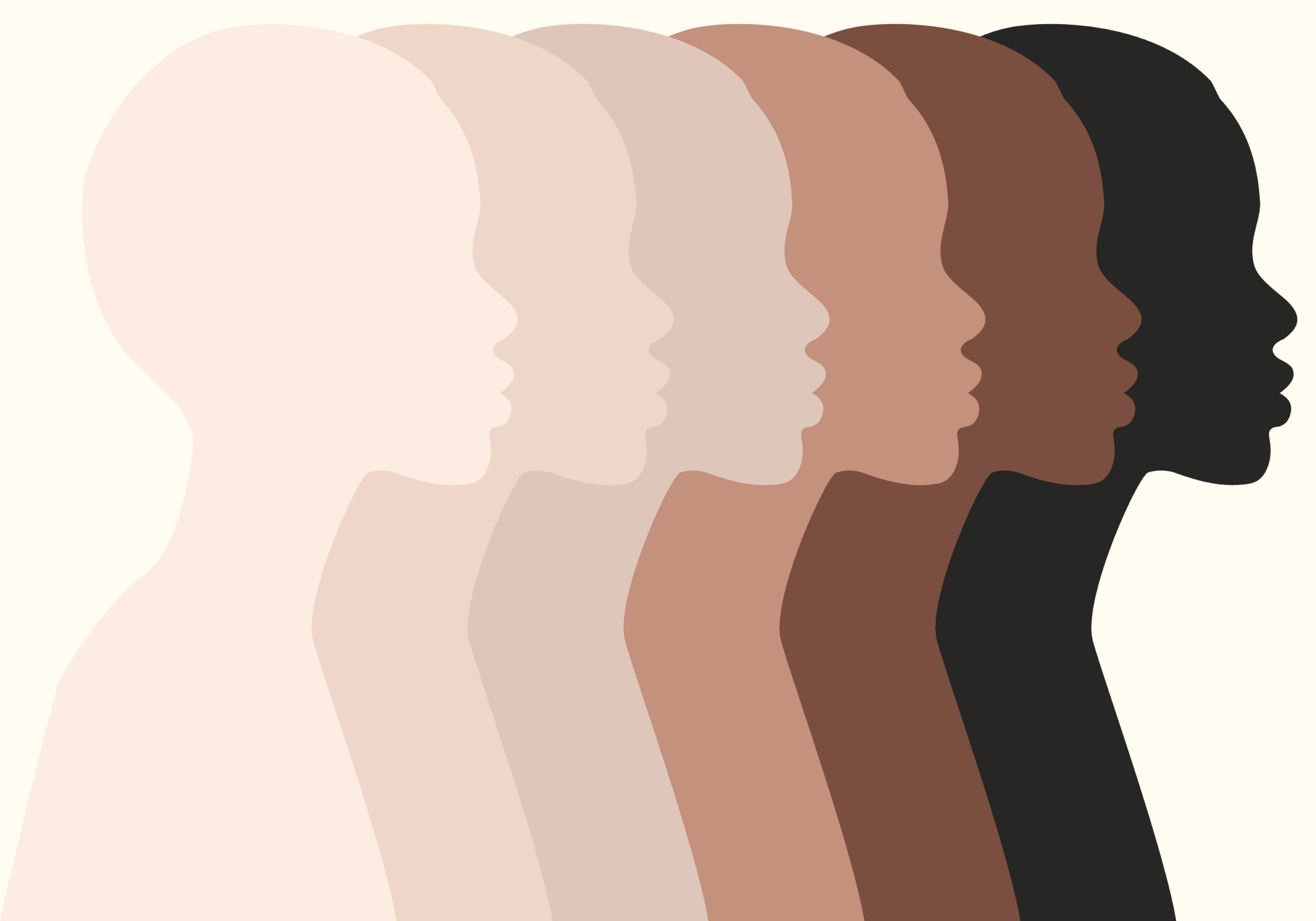
Racial Equity Challenge
Welcome to the 21 Day Racial Equity Habit Building Challenge. Glad you’re here!
Creating effective social justice habits, particularly those dealing with issues of power, privilege, and leadership, is like any lifestyle change. Setting our intentions and adjusting how we spend our time and focus our attention is essential.
How does the challenge work?
Start on a Monday (so weekends line up) and continue for 21 days.
Each day you will be asked to Notice, Watch, Listen, Read, or Connect.
Each day will take from a few minutes to up to 30.
Reflect on your learning over the weekends.
Resources:
Use this tracking chart to stay on course and record your reflections.
Visit the Privilege Institute 21-Day Racial Equity Habit Building FB page
This challenge was created by Dr. Eddie Moore, Jr., Debby Irving, and Dr. Marguerite Penick-Parks, and made available by The Privilege Institute in Green Bay, WI. It has been adapted over and over again for use by individuals and organizations who desire to create social justice habits.
Week One
Day 1 - Read
21 Racial Microaggressions You Hear on a Daily Basis (BuzzFeed article)
Racial microaggressions are insidious and often undetected by white people. That doesn't mean they don't happen. Read the article.
Day 2 - Notice
Go out in the world and change what you pay attention to. Look for signs of racial inequities. Do you see/hear any of the microaggressions you read about yesterday? (More info on equality.)
Day 3 - Watch
Verna Myers: How to overcome our biases? Walk boldly toward them. View TEDxTalk (17m).
Day 4 - Connect
Public policy has shaped and exacerbated racial disparities in wealth. Visit the Racial Wealth Audit website and learn about the impact of policy.
Day 5 - Read
What is White Privilege? When you hear the term white privilege, do you understand its meaning? Learn about all types of privilege in this article.
Weekend Reflection
We invite you to take some time to get quiet and reflect back on week one of the challenge. Is there anything that you see differently based on your participation so far? How does this impact how you think about your life, work, volunteerism, studies? Is there anything you are inspired to do differently?
Week Two
Day 6 - Connect
You've heard of Black Lives Matter, but do you know what the organization believes and does? Have a look at the Black Lives Matter website.
Day 7 - Listen
We need to talk about injustice. Maybe you’ve read "Just Mercy" or seen the movie? Now listen to Bryan Stevenson’s Ted Talk as he shares why it is important to talk about injustice.
Day 8 - Read
If you are white, have you really examined how white privilege is working for you? Read the article “White Privilege: Unpacking the Invisible Knapsack,” and take a good look at this list. Let all that you take for granted settle on you. This is heavy.
Day 9 - Watch
Systemic racism affects every area of life in the US. From incarceration rates to predatory loans, and trying to solve these problems requires changes in major parts of our system. Here's a closer look at what systemic racism is, and how we can solve it. Systemic Racism Explained
Day 10 - Notice
Go out in the world and change what you pay attention to. Think about your white privilege. What do you take for granted? Look for signs of racial inequities. (More info on equality.)
Weekend Reflection
We invite you to take some time to get quiet and reflect back on week one of the challenge. Is there anything that you see differently based on your participation so far? How does this impact how you think about your life / work / volunteerism / studies? Is there anything you are inspired to do differently?
Week Three
Day 11 - Watch
Have you ever wondered why your neighborhood lacks diversity? Wonder no longer...Adam Ruins Everything: The Disturbing History of the Suburbs.
Day 12 - Connect
John Greenberg is a local educator and writer dedicated to social justice and civic engagement. Poke around his website Citizenship & Social Justice for a bit! It’s very informative.
Day 13 - Read
As Maya Angelou said "When you know better, you do better."
Take a few minutes to read this ThoughtCo article and know better:
How to Tell If You've Been Unintentionally Racist.
Day 14 - Watch
Individual, Internalized, Interpersonal, and Systemic Racism. Do you know the difference between the Four Levels of Racism? (YouTube video)
Day 15 - Listen
What does it mean to "photograph whiteness"? Perspective is everything. Listen to the podcast Scene on Radio: My White Friends.
Weekend Reflection
We invite you to take some time to get quiet and reflect back on week one of the challenge. Is there anything that you see differently based on your participation so far? How does this impact how you think about your life / work / volunteerism / studies? Is there anything you are inspired to do differently?
Week Four
Day 16 - Listen
Listen to 'Civility' is Used as a Cudgel Against People of Color on NPR.
"Pushing back against the status quo will be seen as inherently uncivil by the people who want to maintain it. And there are always higher standards expected of those people pushing back."
Day 17 - Notice
Go out in the world and change what you pay attention to. Think about what you learned yesterday about civility. Look for signs of racial inequities.
Day 18 - Watch
We have to lean into the idea that we have implicit biases in order to uncover and confront them in ourselves. Watch the YouTube video Check Our Bias to Wreck Our Bias and see how you can do better.
Day 19 - Watch
Why should we support affirmative action in education and in the workplace? Watch the video What we get wrong about Affirmative Action.
Day 20 - Notice
Go out in the world and change what you pay attention to. Think about your implicit biases and make a concentrated effort to confront them.
Day 21 - Read
"While white parents’ intention is to convey to their children the belief that race shouldn’t matter, the message their children receive is that race, in fact, doesn’t matter." Read What Children Need to Know About Race.
